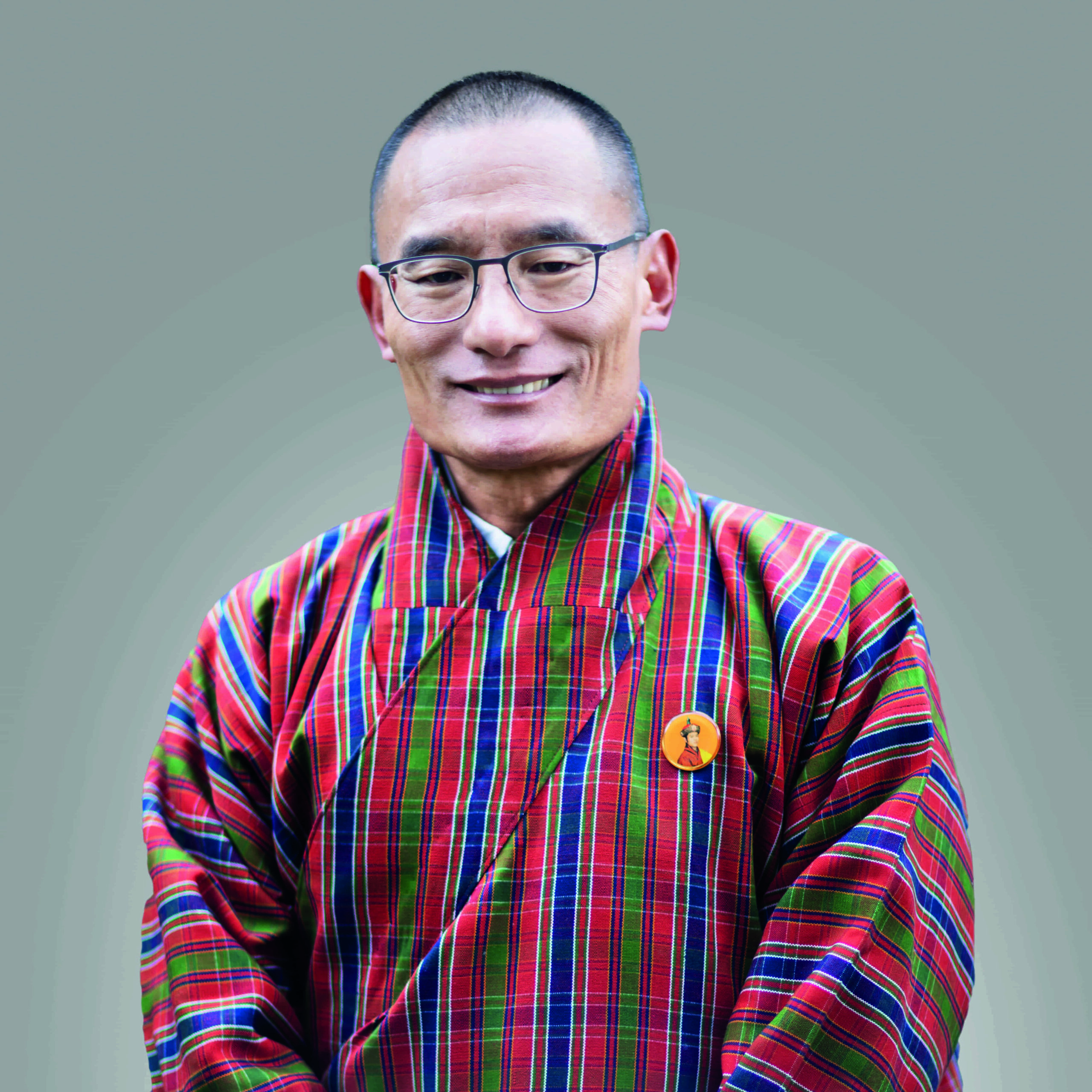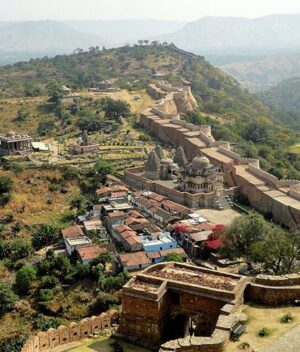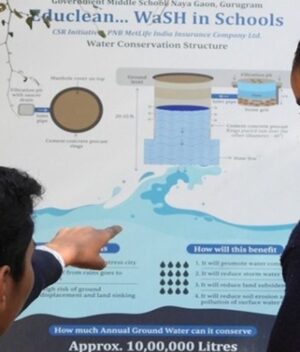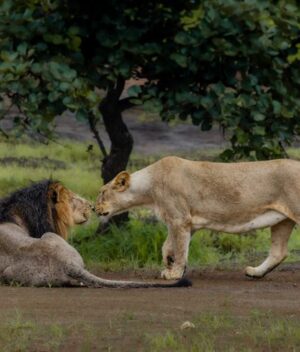Preserving Happiness: Bhutan’s Journey of Conservation and Sustainability
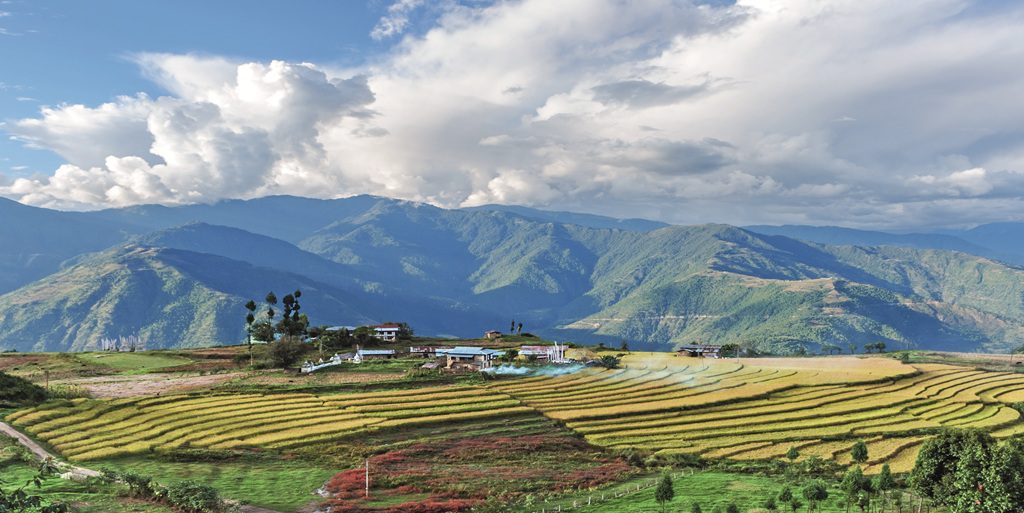
Nestled in the eastern Himalayas, Bhutan is often described as a hidden gem, a nation rich in culture, tradition, with a profound reverence for nature. Our mountains shelter ancient monasteries, our rivers carve fertile valleys, and our forests rise as living sanctuaries of life. Yet, Bhutan’s greatest treasure is not its landscape. It is the philosophy with which we have chosen to live: that prosperity and sustainability are not rival pursuits, but inseparable truths.
At a time when humanity confronts a climate emergency and biodiversity loss on a scale never seen before, Bhutan offers another story. Guided by the vision of His Majesty the Fourth King of Bhutan, who gave the world the philosophy of Gross National Happiness, we measure progress not by profit alone but by the well-being of people, culture, and nature together. For us, happiness is not abstract. It is the farmer harvesting grain from fertile soil, the child breathing pure mountain air, and the community living in harmony with the forests that surround them.
This vision is enshrined in our Constitution, which requires that no less than 60% of Bhutan shall remain under forest cover for all time. Today, nearly 70% of our country is forested, and more than half is protected as national parks and biological corridors. In these sanctuaries, tigers roam, snow leopards prowl, and black-necked cranes descend each winter, which is a vivid proof that biodiversity can endure against global currents of decline. For a nation of just 38,000 km2 to shelter eleven species of wild cats is remarkable. That their numbers are rising is even more so. In 2015, Bhutan counted 103 tigers; today there are 131. Snow leopards, once recorded at 96 in 2016, now number 134. Each of these animals carry a story of resilience, and a reminder of what becomes possible when conservation is rooted in both science and culture.
We have achieved this while reducing poverty dramatically, proving that social progress and environmental stewardship can advance hand in hand. Bhutan is also one of the few carbon-negative countries on earth. Our forests absorb more than five times the carbon we emit, while clean hydropower lights our homes and drives exports to our neighbours. This is not a statistic. It is a moral statement: development does not have to come at the planet’s expense.
Yet, our path has not been without hardship. As wildlife populations grow, so does human-wildlife conflict. In Trongsa district alone, nearly 600 livestock were lost to tigers between 2020 and 2024. For conservationists abroad, such figures may mark success. For Bhutanese farmers, they mean food insecurity, lost income, and profound anxiety. This is the paradox of conservation: nature must be protected, but never in a way that undermines the lives of those who coexist with it.
Across the world, wildlife populations have collapsed by nearly 70% in the last 50 years, and one million species now stand on the edge of extinction. To reverse this crisis, ‘business as usual’ will not suffice. Protected areas and anti-poaching patrols are vital, but they are not enough. We must reimagine conservation as a genuine partnership between nations and communities, finance and ecosystems, human aspiration and planetary survival.
Bhutan has sought to pioneer this vision. We established the world’s first environmental trust fund, and through Bhutan for Life, secured permanent financing for our protected areas, a model that has since inspired others across Asia. In 2024, under the patronage of Her Majesty The Queen, Bhutan hosted the Sustainable Finance for Tiger Landscapes Conference, rallying leaders, businesses, and civil society to pledge USD one billion for global tiger conservation.
But money alone cannot safeguard the earth. Conservation must live in the hearts of people. That is why Bhutan is expanding its ‘low-volume, high-value’ approach to tourism into nature and wildlife experiences that empower local communities as true custodians and beneficiaries. And under the visionary leadership of His Majesty the King, we are building Gelephu Mindfulness City – a sustainable, regenerative, and a carbon- negative urban centre that will prove to the world that economic growth and ecological harmony can thrive not in conflict, but in partnership.
Bhutan’s story is not one of perfection, but of possibility. If a small nation with modest resources can remain carbon negative, preserve two-thirds of its forests, protect endangered species, and still reduce poverty, what excuse remains for the rest of the world?
The crises before us demand not only ambition but courage – the courage to redefine progress, to weigh happiness alongside GDP, and to value forests and rivers not merely as resources, but as the foundations of life itself.
Bhutan will continue to lead by example. But we cannot do this alone. We invite nations everywhere to act with urgency, to innovate with compassion, and to stand together for a future where prosperity is measured not by what we take from the earth, but by what we leave behind.
For, in the end, the greatest legacy we can offer is not wealth or power, but a thriving planet – a planet where true, enduring happiness can flourish.
Author
-

Hon'ble Tshering Tobgay is the Prime Minister of the Kingdom of Bhutan since 2024. Before entering politics, he made significant contributions as the Director in the Royal Government of Bhutan, serving from 2003 to 2007. Internationally, his efforts towards sustainability were acknowledged with the German Sustainability Award in 2016 and the Distinguished Leadership Award from the Hospitality Committee for United Nations Delegations in 2022.
View all posts


